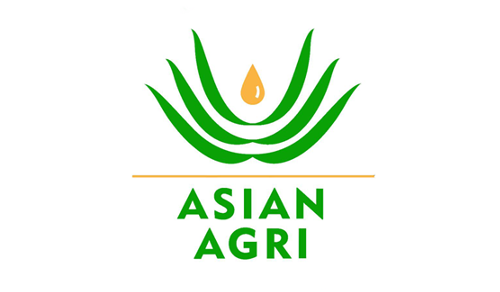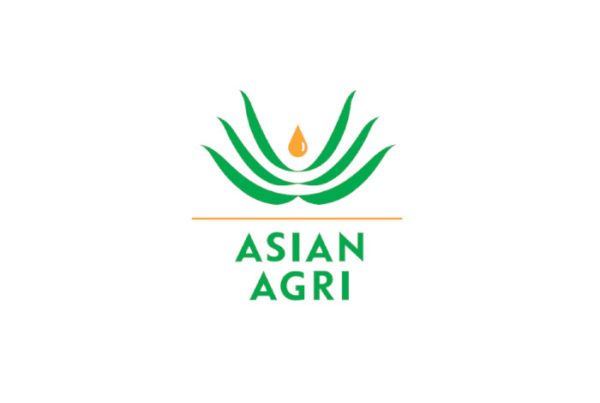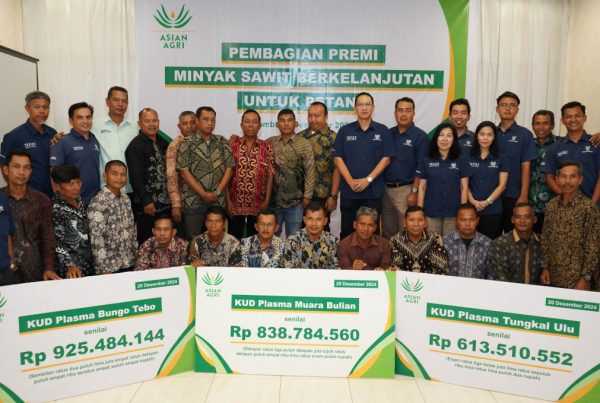Jambi, 29th August 2019 – Asian Agri today hosted 50 university academics at its plantation in Tungkal Ulu, in conjunction with a national seminar held for Faculty of Agriculture members from several state universities in West Indonesia. The visitors comprised deans, lecturers and students from Jambi University, Lampung University and Tanjung Pura University, who had a chance to see Asian Agri’s best practices in oil palm plantation management, integrated pest management, and treatment of palm oil methane effluent (POME) to produce renewable energy.
During the visit, three of Asian Agri’s smallholders were present to share about the sustainability journeys they have undertaken in partnership with the company.
“Planters face many obstacles in managing oil palm plantations. However, they are very promising in terms of economic improvement for communities, if these communities are provided with proper knowledge on how to manage their plantations well,” said Dr. Ahmad Riduan, Dean of the Faculty of Agriculture at the University of Jambi.
“A partnership with an established company offers an opportunity to smallholders to learn the theory and apply it in the field. If the company has a clear Standard Operating Procedure (SOP), for example on how to fertilize and harvest oil palms, smallholders should also follow this process,” Riduan said.
The participants also received an explanation about the Crude Palm Oil (CPO) production process at Asian Agri, and how the company makes use of leftover production waste. This includes Empty Fresh Fruit Bunches (EFB) which are reused as organic fertilizers, while liquid waste is used to produce renewable energy in the form of green electricity at the company’s biogas power plants.
Dr. Iwan Sasli, SP, M.Si, a lecturer at Tanjung Pura University, remarked that the biogas power plant is a sustainable initiative which can be replicated by other palm oil companies.
He also said the partnership between Asian Agri and the universities will hopefully result in further innovation and transformation in the palm oil production process to become more environmentally-friendly, sustainable and efficient.
About Asian Agri:
Asian Agri is one of Indonesia’s largest palm oil producers since 1979. Today, the company manages 100,000 hectares of land and employs over 25,000 people. A pioneer of the Indonesian government’s Trans-National Government Migration (PIR-Trans) program, Asian Agri works with 30,000 plasma smallholders in Riau and Jambi who operate 60,000 hectares of palm oil plantations, as well as independent smallholders, bringing about positive impact on their quality of life and economic development.
Implementing a strict “no burn” policy and best practices in sustainable plantation management, Asian Agri has helped its smallholder partners improve productivity, yield and supply chain traceability, while assisting them obtain certifications. The company’s mills are technologically advanced and energy self-sufficient, minimizing greenhouse gas emissions.
Asian Agri is a member of the Roundtable on Sustainable Palm Oil (RSPO). More than 86% of both owned plantations in North Sumatra, Riau & Jambi provinces and 100% of scheme smallholder plantations in Riau & Jambi provinces have been RSPO certified. All plantations, including those owned by smallholders, have been certified by ISCC (International Sustainability & Carbon Certification). The company has also been 100% ISPO (Indonesian Sustainable Palm Oil) certified.
The company’s operations are ISO 14001 certified, while its Learning Institute and nursery research center in Riau province, Indonesia are both ISO 9001 certified. Asian Agri’s R&D Center in North Sumatra was also given a certification by the International Plant-Analytical Exchange at the WEPAL lab at Wageningen University in The Netherlands, for its high standards.
For further information, please contact:
Maria Sidabutar
Head Corporate Communications
E-mail: communications@www.asianagri.com
DID: +62 21 2301 119





